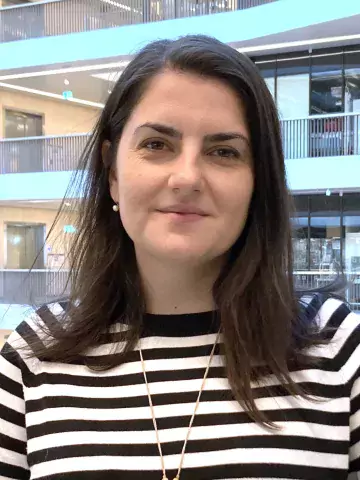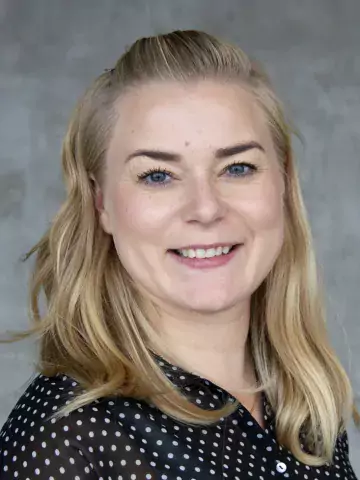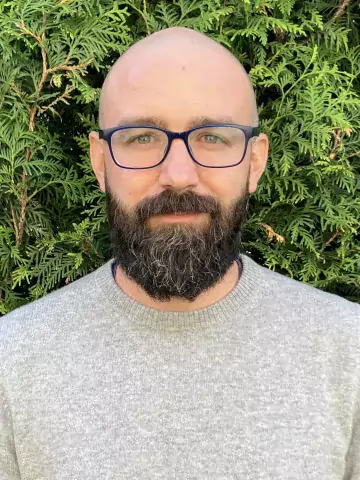NeSTED - The Working Group of Neuropharmacology and Stress/Trauma Exposure during Development
NeSTED is an international research network with the aim of understanding the effects of stress and trauma during critical developmental periods. The network is composed of research groups from different complementary disciplines, ranging from preclinical to clinical and epidemiological research.
Core members

Dr. Cristiana Cruceanu
Assistant Professor, Department of Physiology and Pharmacology, Karolinska Institutet, Stockholm, SwedenRole in NeSTED: in vitro models, exposure during prenatal periods.
The Cruceanu laboratory aims to elucidate molecular mechanisms of how the prenatal environment is transmitted to the fetus and impacts human brain development, potentially shaping life-long mental health and illness. To study human-specific processes in difficult to access developing tissues, we use complex in-vitro model systems of the developing human brain and placenta (organoids) as well as primary tissues. The lab focuses on understanding exposures related to stress metabolism and pharmacological interventions like antidepressant treatment, and their impact on neurodevelopment and early embedding of mental illness risk or resilience.

Dr. Thorhildur Halldorsdottir
Assistant Professor, Department of Psychology, Reykjavík University, Reykjavík, IcelandRole in NeSTED: Human cohorts and health registries, stress exposure during childhood and adolescence, gene-by-environment interactions
The Halldorsdottir Laboratory aims to uncover why some youths develop psychiatric symptoms following early life stress exposure while others do not. Specifically, our goal is to understand how stressful and traumatic experiences in childhood or adolescence alter developmental and genetic processes in ways that increase an individual's risk for psychopathology. We use multidisciplinary methods drawn from clinical and developmental psychology, behavioral genetics and psychiatric epidemiology to bring us closer to this goal.

Dr. Juan Pablo Lopez
Assistant Professor, Department of Neuroscience, Karolinska Institutet, Stockholm, SwedenRole in NeSTED: Animal models of stress and treatment response
As part of NeSTED, the Lopez Laboratory aims to identify, characterize, and manipulate cell populations and circuits that underlie susceptibility and resilience to stress-related psychiatric disorders. Our experiments are performed in male and female mice, during early life and adolescence, which are critical developmental periods associated with the etiology of psychiatric disorders. In addition, we aim to investigate if exposure to antidepressants during pregnancy or early life can affect normal development.

Dr. Natalie Matosin
Senior Research Fellow (Assistant Professor), Molecular Horizons Institute, University of Wollongong, Wollongong, AustraliaRole in NeSTED: Human brain, early life stress
The Matosin Lab provides a crucial puzzle piece to NeSTED, specifically by contributing human brain samples, both postmortem and ex vivo. This bridges the in vivo, in vitro, and clinical cohort studies from the other group members. Using human brain tissues, we specifically focus on understanding the persistent cellular and molecular pathology that originates from early life stress directly in the human brain, which is crucial for both understanding the aetiology of stress-induced psychopathology as well as validating putative treatment targets for drug development.
